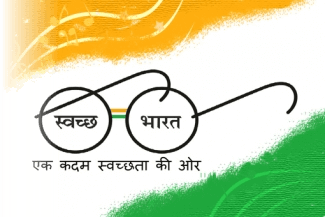Youth Parliament
Introduction: Why Youth Parliament? The law-making bodies are required to discuss various local, national and international issues and then make suitable laws on them. The members of these bodies present all points of views and try to represent all kinds of interests related to a problem. Eventually there is accommodation of various interests and a compromise decision is taken. An effort is always made to take such a decision as would please most and antagonise least. Such decisions are frequently taken by Parliament. The decisions of Parliament are important since they affect the whole country. Each one of us is affected by the decisions of Parliament. The decisions are the result of long drawn debates. For conducting debates in Parliament, a detailed procedure of rules is followed. The rules are based on democratic principles. By these rules it is ensure that everybody gets a chance to be heard and a proper decorum is maintained in the course of discussion that goes on in Parliament. India is a Sovereign Socialist Secular Democratic Republic. Our Constitution has set up a democratic form of government in the country. a democratic form of government is run by the representatives chosen by the people. Every five years General Elections are held and the people elect their government. The General Elections are conducted by an independent Election Commission. The whole country is divided into constituencies, each constituency electing one representative. Each State sends a fixed number of representatives determined ion the basis of its population. The composition, powers and functions of the Indian parliament are generally included in the course of study at the middle, secondary and higher secondary stages of schooling Knowledge of its procedure helps in developing an insight into the working of parliament and therefore the session of Youth parliament have a special importance in developing such an insight in the young students. Thus, the purposes of Youth Parliament are as follows: 1. To make students understand the parliamentary procedure. 2. To develop in students an insight into the working of parliament 3. To make students consider public issues and form their opinion on them. 4. To train students in the technique of group discussion 5. To develop in students an ability to arrive at a decision after group discussion. 6. To develop them in them respect and tolerance for the views of others. 7. To develop in them an understanding that respect for rules is essential for conducting any discussion systematically and effectively. 8. To train students in group behaviour. 9. To make students aware of various problems facing our society and the country. 10. To develop in students the quality of leadership. 11. To make students understand the common mans point of view and express it in an articulated manner


